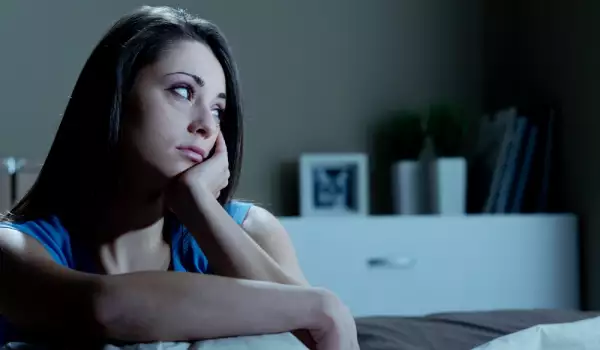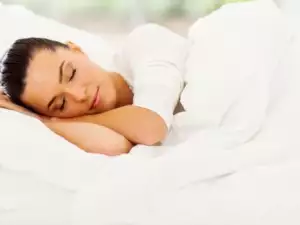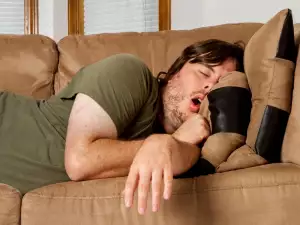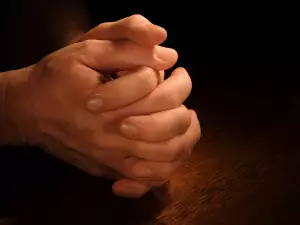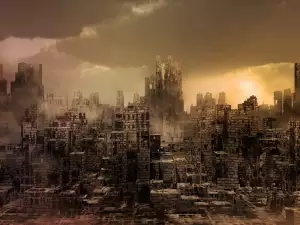The human biological clock gets confused if there's light outside at night. This gets in the way of a good night's sleep.
Sleep problems are among the main issues that people in cities have to deal with. Experts from Stanford University in the US have found the primary causes of this - street lamps.
It's widely known that our body reacts sharply to changes in light throughout the day. When there's light during nighttime, our inner clock becomes completely disoriented.

Scientists have examined 15 863 people over the course of 8 years. The amount of lighting at night on the street they lived was taken into consideration. The results clearly showed that people who live in cities with a population of 500 000 are exposed to 3-6 times more light when compared to residents of smaller cities. This leads to much more serious sleep problems. People living outside of major cities were the ones who felt best.
Up to 29% of large city residents complained about their sleep quality. By comparison, the percentage of residents in smaller populated areas who complained was 16% and decreased progressively as light also decreased. Those individuals who were exposed to intense lighting complained of fatigue more often.
Streetlights reduce the duration and quality of sleep. Under bright light conditions, people lost up to 6% of sleep, i.e. they slept less than 6 hours per night. Bright lights also made some wake up in the small hours of the night, another obstacle to a good night's rest.
They suffered from drowsiness and could not focus on their routine activities. One option to limit this is to put up thick curtains or shutters, which would limit street light coming through at night.
